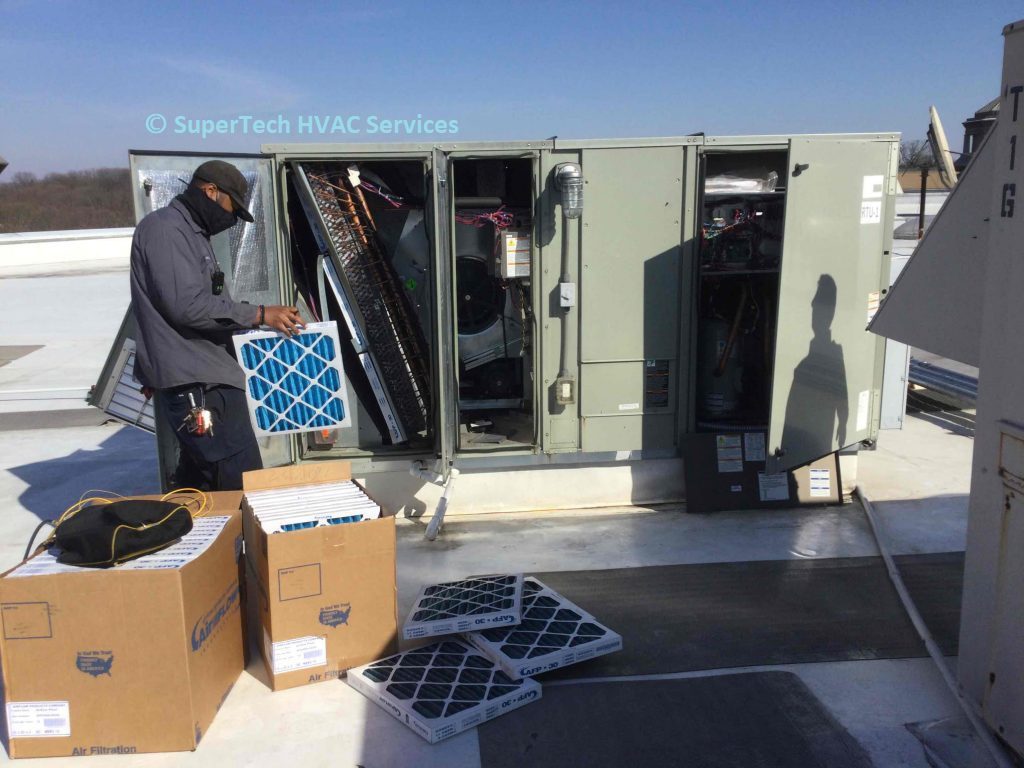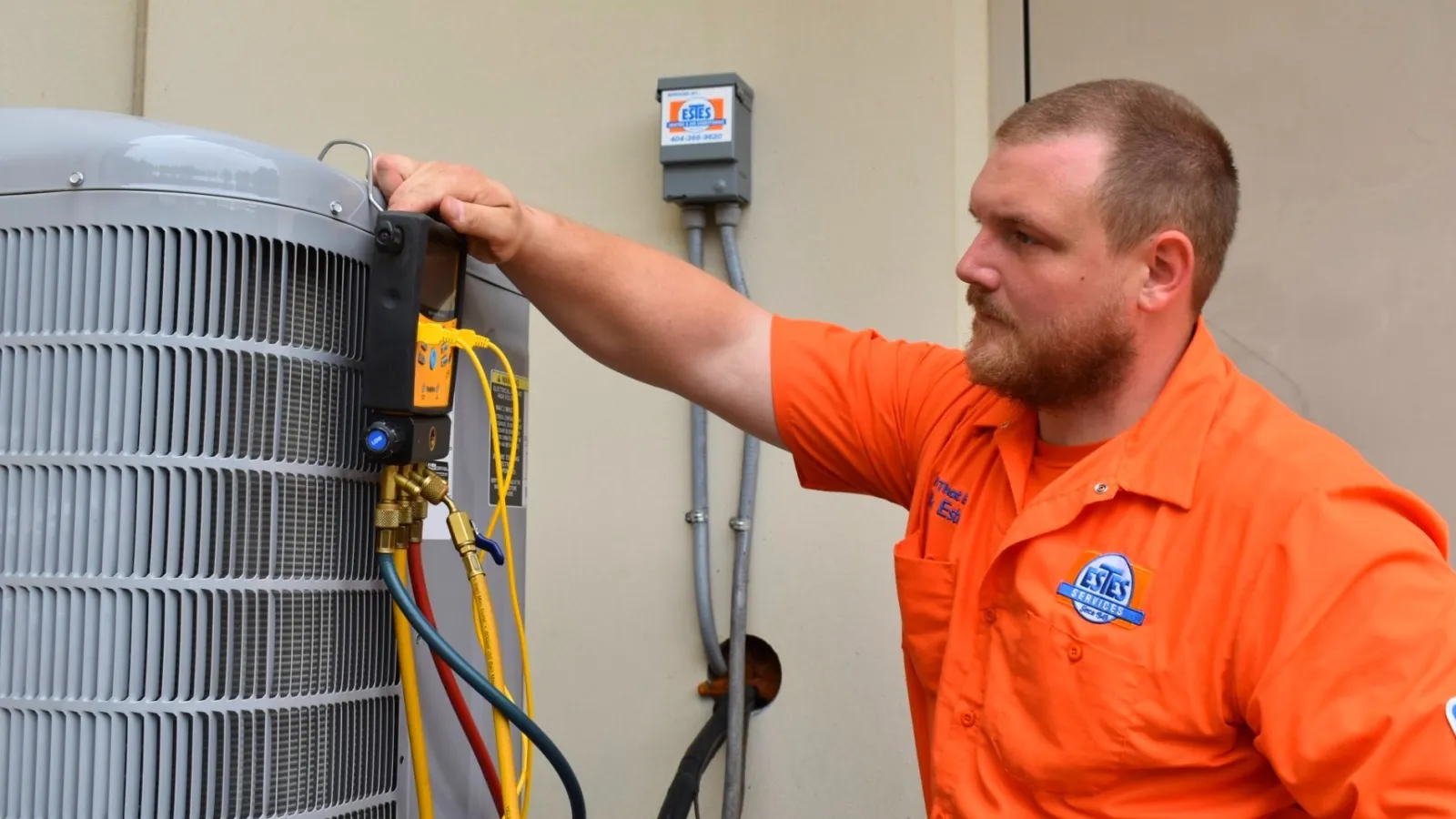Step-by-Step Timeline During a Professional furnace replacement
Step-by-Step Timeline During a Professional furnace replacement
Blog Article
Picking In Between a Heatpump and Heating System: Secret Considerations for Your Heating And Cooling Requirements
When evaluating heating choices for HVAC needs, the choice in between a heatpump and a heater can be intricate. Each system uses distinct benefits tailored to certain environments and power efficiency goals. Understanding these differences is necessary for making an educated option. Key aspects such as installment prices and ecological influence further make complex the choice process. Which alternative absolutely straightens with one's comfort and sustainability preferences? The complying with areas will check out these considerations carefully.
Understanding Warmth Pumps: Exactly How They Work and Their Advantages
While several property owners think about different home heating alternatives, understanding just how heat pumps function and their advantages can substantially influence their choice. Warmth pumps run by transferring heat instead of generating it. In the winter, they draw out heat from the outside air or ground and move it inside, while in the summer season, they reverse this procedure, cooling down the home by getting rid of warmth outside. This twin capability makes them flexible for year-round environment control.One of the key advantages of heatpump is their energy performance. They use substantially much less electricity contrasted to typical home heating systems, possibly resulting in reduced energy expenses (ductless mini splits). Additionally, warmth pumps have a smaller sized carbon footprint, making them an environmentally pleasant choice. They additionally require much less upkeep than conventional systems, adding to lasting cost financial savings. In general, recognizing the mechanics and advantages of heatpump can aid property owners make notified decisions regarding their home heating and cooling down demands
Discovering Heating Systems: Kinds, Operation, and Benefits
Furnaces can be found in numerous kinds, including gas, electrical, and oil models, each with unique functional devices. Understanding these differences is important, as they impact performance and heating efficiency. Furthermore, heaters use countless benefits, such as consistent heat output and integrity in chillier environments.
Sorts of Furnaces
Home heating systems can vary considerably in layout and operation, with furnaces being a preferred option among home owners. There are a number of types of heaters, each utilizing different gas sources and modern technologies. Gas heaters are typical, leveraging natural gas to generate heat successfully. Electric heating systems, on the other hand, make use of electric resistance to create warmth, usually favored for their uncomplicated setup. Oil heaters, while less usual, are efficient in locations with limited gas accessibility (furnace replacement). Additionally, condensing heating systems take full advantage of power effectiveness by recording and reusing exhaust gases. Each kind operates via a system of heat exchangers and ductwork to disperse warm air throughout a home. Recognizing the differences between these heater types is crucial for informed a/c decisions
Benefits of Furnaces
For homeowners seeking reliable warmth throughout cool months, the benefits of heaters are substantial. Heaters supply constant heating, making sure also temperatures throughout the home. They are especially efficient in severe chilly, often outshining heat pumps in icy problems. Different kinds, consisting of gas, electrical, and oil heating systems, use flexibility to meet diverse demands and preferences.Furnaces likewise have a tendency to have lower preliminary setup costs contrasted to heat pumps, making them a much more obtainable alternative for many. Their robust layout adds to a much longer life-span, with numerous systems lasting over 15 years with proper maintenance. Additionally, modern furnaces are frequently geared up with advanced technology for boosted performance, which can bring about reduced energy costs. On the whole, furnaces stay a reputable selection for efficient home heating.

Power Efficiency: Comparing Warmth Pumps and Furnaces
When comparing energy effectiveness in between heat pumps and heating systems, the Seasonal Power Performance Ratio (SEER) plays a necessary duty in identifying efficiency. In addition, a functional cost analysis exposes the long-lasting economic effects of each system. Understanding these factors can assist home owners in making informed decisions about their heating remedies.
Seasonal Energy Performance Proportion
Power performance plays an important function in the decision-making process between warm pumps and heating systems, specifically when taking into consideration the Seasonal Power Efficiency Ratio (SEER) This statistics procedures the cooling efficiency of heatpump over a whole air conditioning season, giving a standardized way to examine efficiency. Higher SEER rankings show higher power effectiveness, equating to lower energy intake and lowered energy expenses. On the other hand, furnaces are usually examined utilizing the Annual Gas Application Performance (AFUE) score, which shows heating performance. When contrasting these two systems, property owners ought to prioritize SEER scores for heatpump, as they directly influence total energy savings and ecological sustainability. A detailed understanding of SEER can especially influence the long-term satisfaction and cost-effectiveness of the picked a/c service.
Functional Expense Analysis
Recognizing the functional prices connected with warmth pumps and furnaces is important for home owners assessing their alternatives. Warm pumps generally supply greater power effectiveness, transforming electric power right into heat with minimal waste. This leads to reduced regular monthly utility costs, especially in moderate environments. Conversely, find out conventional heaters, especially gas versions, may have reduced upfront expenses yet can incur greater functional expenses gradually due to sustain rates and effectiveness ratings.Moreover, heatpump can function as both heating and cooling down systems, possibly reducing the requirement for different heating and cooling devices. While first financial investments for heatpump may be greater, their long-term financial savings in energy efficiency can make them a more cost-effective option for lots of houses. Careful analysis of regional power prices is necessary to figure out the ideal option.
Setup Expenses: What to Expect for each and every Home Heating System
Installation expenses for heater can differ considerably between warm pumps and heating systems, influencing house owners' choices. Heatpump normally have greater in advance setup expenses, usually varying from $3,500 to $8,000, depending upon the system size and complexity of setup. This consists of the exterior device, interior handling system, and needed ductwork alterations. Alternatively, heaters often tend to have reduced preliminary expenses, averaging in between $2,500 and $6,000, which can be appealing for budget-conscious home owners. Nevertheless, installment expenses can boost if extensive ductwork is required.Moreover, the option of gas kind for furnaces-- all-natural gas, gas, or electric-- can also impact installation prices. While warmth pumps use energy performance, their preliminary investment might discourage some customers. Eventually, assessing installation expenses alongside long-lasting savings and performance will aid homeowners in making informed choices regarding their home heating systems.
Climate Factors To Consider: Which System Carries Out Much Better in Your Area
Just how do climate problems affect the efficiency of furnace? The efficiency of warm pumps and heating systems can differ substantially relying on the neighborhood environment. In moderate environments, heatpump succeed by successfully moving heat from the outdoors air, making them an energy-saving alternative. Nonetheless, their effectiveness diminishes in incredibly chilly temperature levels, where they might have a hard time to draw out enough heat. On the other hand, heaters, particularly gas models, supply constant and trustworthy warm no matter of exterior problems, making them preferable in colder regions.In areas that experience milder winter seasons, heatpump can run effectively year-round, offering both cooling and heating. On the other hand, areas with extreme winters months commonly take advantage of the effectiveness of heating systems. Inevitably, comprehending the local environment is necessary when determining in between a heatpump and a heating system, as it directly affects their operational effectiveness and overall efficiency.
Upkeep Demands: Long-Term Take Care Of Heat Pumps vs. Furnaces
While both heatpump and heaters call for normal upkeep to ensure peak efficiency, their certain requirements and treatment routines vary significantly. Furnaces typically require less constant focus, with yearly inspections being adequate to look for gas leaks, clean filters, and assess total functionality. Their simpler design often permits simple repairs.In contrast, warm pumps require semiannual upkeep due to their twin duty in heating & cooling. This includes cleansing coils, checking refrigerant degrees, and guaranteeing that both the interior and exterior units function at their finest. Additionally, heatpump upkeep usually includes even more detailed parts, making expert servicing essential.Neglecting upkeep can lead to reduced performance and raised energy costs for both systems. Eventually, property owners ought to consider these lasting treatment needs when choosing in between a heatpump and a heating system, as proactive maintenance can expand the life expectancy and performance of either system substantially.
Environmental Impact: Choosing a Sustainable Heating Choice
The environmental effect of heating unit is a crucial assessment for property owners seeking sustainable options. Heatpump are normally extra energy-efficient than traditional furnaces, as they transfer warmth as opposed to create it, greatly reducing carbon exhausts. By making use of eco-friendly power sources, such as geothermal or air-source heatpump, homeowners can further reduce their environmental footprint.On the various other hand, gas heaters produce greenhouse gases and add to air contamination, though they frequently offer greater heat result. Nevertheless, developments in innovation have actually led to the advancement of high-efficiency heating systems that decrease emissions.Ultimately, selecting a heating system includes evaluating performance versus ecological effect. House owners are encouraged to assess regional power sources and motivations for renewable systems, ensuring an option that aligns with both personal convenience and environmental obligation. The choice affects not just immediate convenience yet also lasting sustainability and environmental health and wellness.
Often Asked Questions
How Much Time Do Heat Pumps and Furnaces Normally Last?
The important site life-span of heat pumps commonly ranges from 15 to twenty years, while heaters can last between 15 to thirty years. Normal maintenance considerably affects their long life and effectiveness in offering heating solutions.
Can I Make Use Of a Warmth Pump in Incredibly Cold Climates?
Heat pumps can operate in very cold environments, yet their efficiency reduces as temperature levels decline. In such conditions, supplementary heating sources may be needed to preserve comfy interior temperature levels and assure peak efficiency.

What Is the Noise Degree of Warm Pumps Versus Furnaces?
The noise degrees of heatpump and furnaces differ significantly. Generally, heatpump operate even more quietly than typical heating systems, making them more suitable for those conscious sound, while heaters may create louder functional noises throughout heating cycles.
Are Warmth Pumps Suitable for Both Heating & Cooling?
Heatpump are without a doubt ideal for both heating and air conditioning (furnace replacement). They function by transferring warmth, offering efficient temperature level control year-round, making them a flexible choice for homeowners looking for an all-in-one a/c service
What Size Home Heating System Do I Need for My Home?
Figuring out the appropriate size heating unit for a home needs evaluating aspects such as square video, insulation quality, regional environment, and the home's format. Consulting a professional can ensure an exact assessment and optimal convenience. Warmth pumps generally use greater power efficiency, converting electric energy into warm with very little waste. In modest environments, warmth pumps stand out by successfully transferring warmth from the outside air, making them an energy-saving choice. On the other hand, furnaces, especially gas versions, offer consistent and reputable heat regardless of exterior conditions, making them preferable in colder regions.In locations that experience milder wintertimes, warmth pumps can run properly year-round, giving both home heating and cooling. Heat pumps are normally extra energy-efficient than conventional heating systems, as they move warmth rather than create it, greatly decreasing carbon emissions. By utilizing renewable power resources, such as air-source or geothermal heat pumps, property owners can even more lessen Read Full Report their ecological footprint.On the various other hand, all-natural gas furnaces produce greenhouse gases and contribute to air contamination, though they usually offer higher warmth result.
Report this page